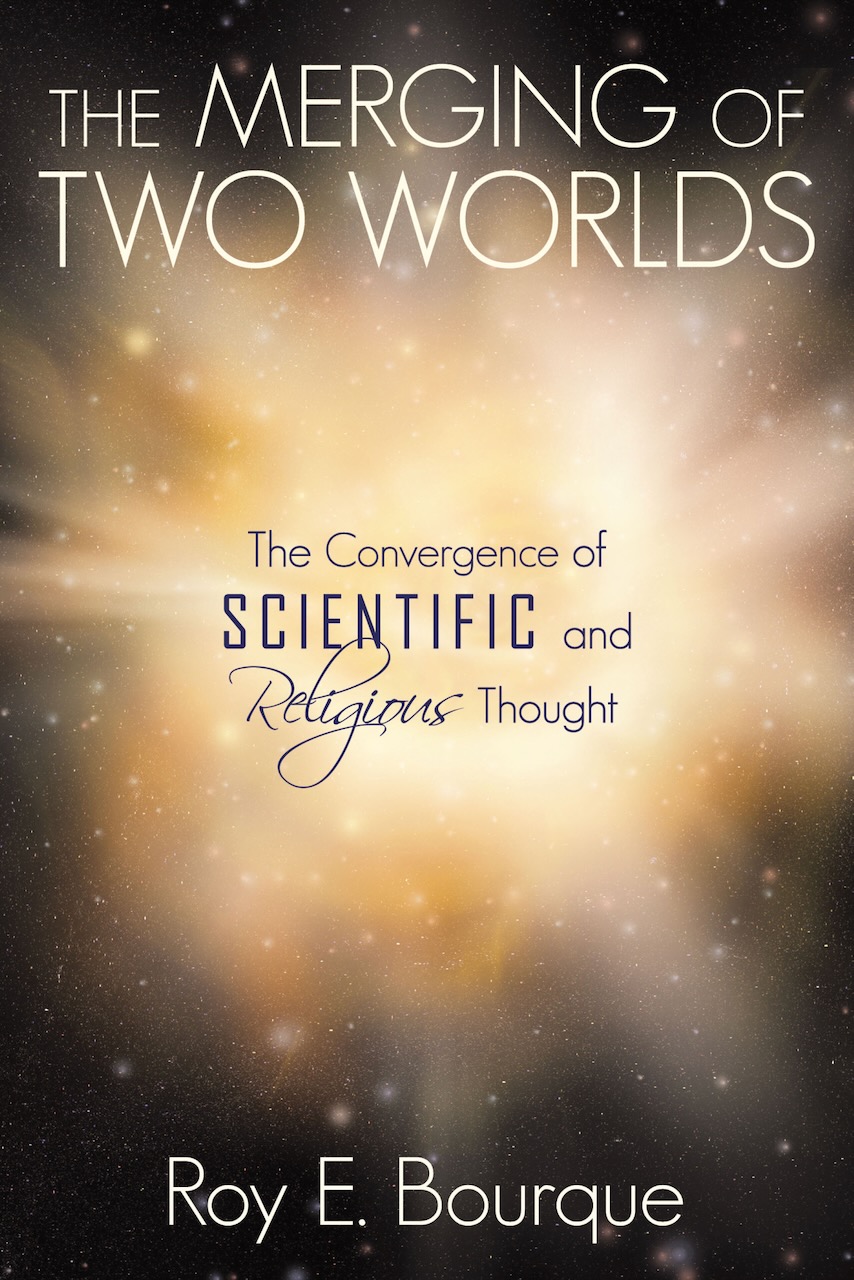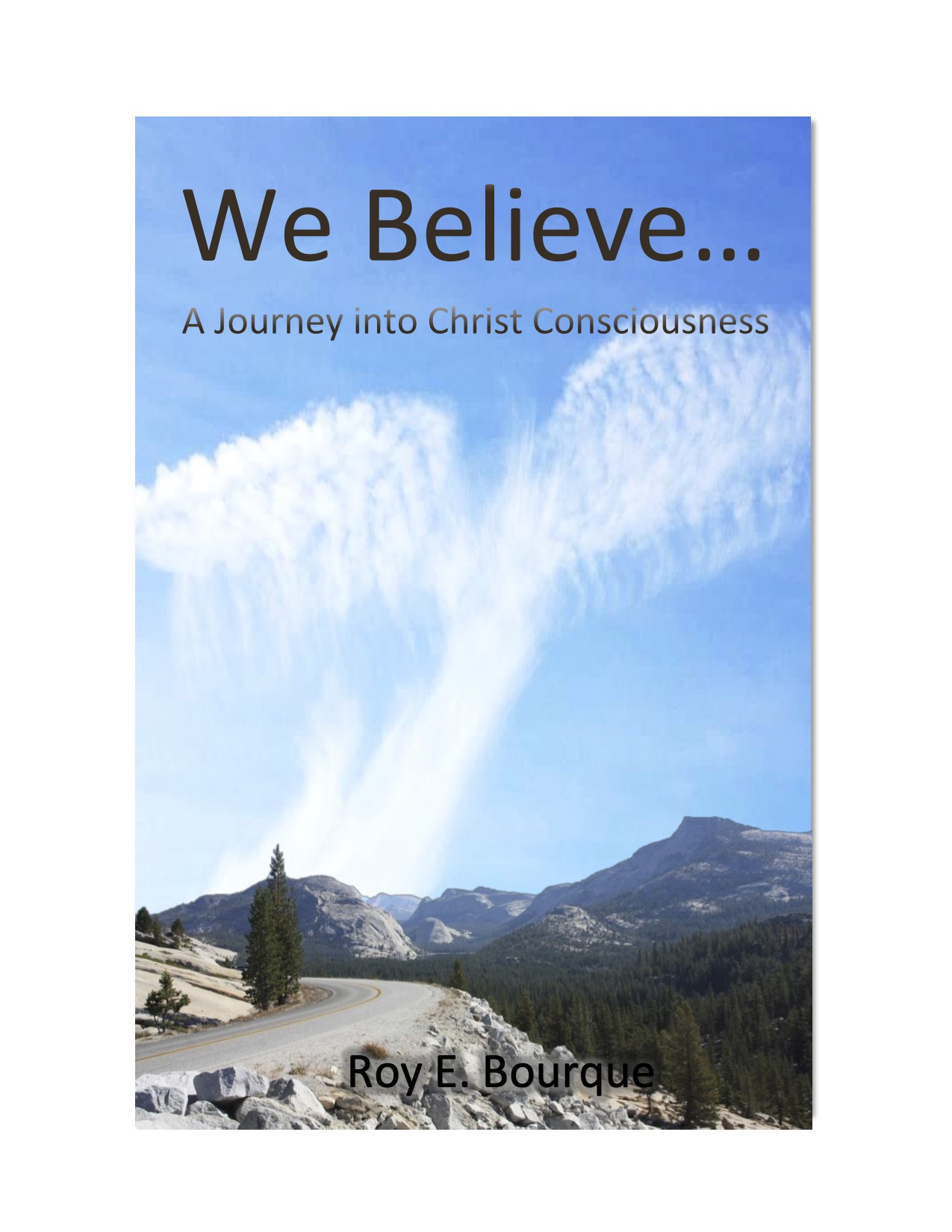|

| Home
youtube video on The Merging of Two Worlds Prior to the twentieth century, creation was based on an all-powerful, supernatural God that created the known universe. One of the assumptions associated with this belief is that creation was spontaneous, taken from a literal interpretation of the first chapter of Genesis. Creationism, as it was called, tells you nothing about how God creates, nor does it tell you anything about God itself, making it a very limiting viewpoint. In contrast, evolution is a theory that developed gradually by observing the telltale signs left behind by earth changes including rock formations, erosion, fossils, sediment buildup, glacial layers, and the diversity of plants and animals in a variety of locations. These two, evolution or creation, are obviously at odds with each other when taken for face value. The question this book deals with is, are religion and science mutually exclusive, or is there common ground between these two disciplines? After a lifetime of searching, I found the common ground that I was seeking. It not only blends the two disciplines together, but it also fills a lot of voids that exist in our current spiritual wellbeing. Science is only one side of the equation. Spirituality is the other side of the equation. Religion tried, often in vain, to help us understand the spiritual side of life. Once both sides can be understood and integrated together, they compliment each other in ways that are both rewarding and progressively uplifting. Webtalk radio interview one - Merging the bible and the big bang Webtalk radio interview two - Convergence of science and religion
According to religion, a supreme God created the universe. According to science, the cosmos is a self-running, self-governing system that doesn’t need a God. The supreme God of religion is regarded as all-intelligent. The power that supports the scientific view is regarded as deaf-dumb-and blind. Everything that we know is derived from the laws of the cosmos. Neither religion nor science can explain where those laws came from. Richard Dawkins says that we are the intelligent result of unintelligent beginnings. Albert Einstein said that the harmony of natural law reveals an intelligence of such superiority, that, compared with it, all the systematic thinking and acting of human beings is an utterly insignificant reflection. Which one is right? According to psychology, both hemispheres of the brain think differently, so in reality, there are two different ways of seeing the world. Religion was born from a right-brain culture that was focused on the spiritual laws of the cosmos. Science was born from a left-brain culture that deals with the physical laws of the cosmos. When they are both expressed properly and integrated together, the controversy between science and religion goes away. But the Comforter, which is the Holy Ghost, whom the Father will send in my name, he shall teach you all things (John 14:26). That spirit is what is missing in the modern community. This book seeks to restore that spirit.
|
Website Content ©2024 by Roy E. Bourque | bourqueroy@sbcglobal.net |
Print This Page | Send To a Friend |
| Website Technology ©2007 American Author. A division of Cevado Technologies. All rights reserved. Privacy Policy |


